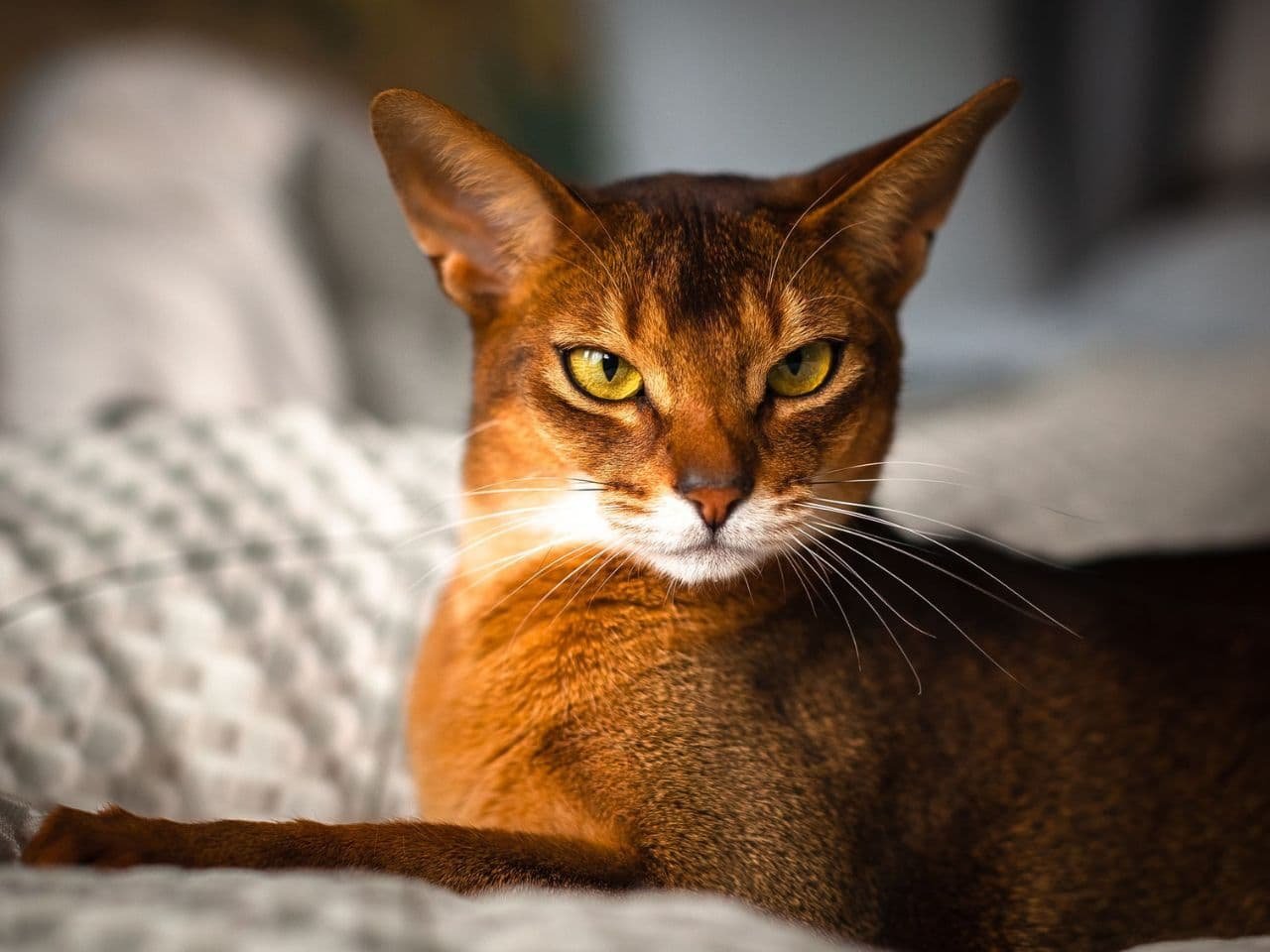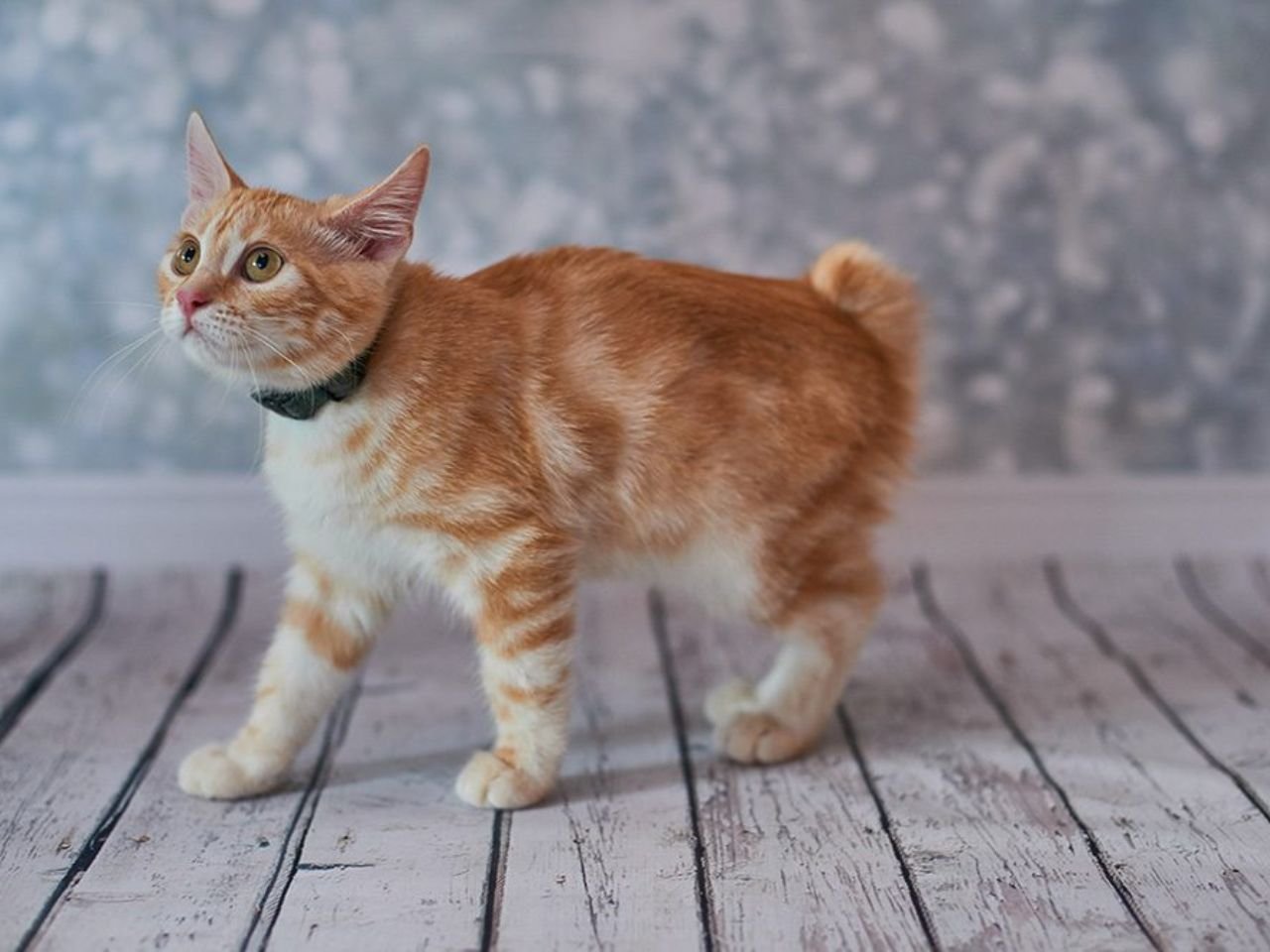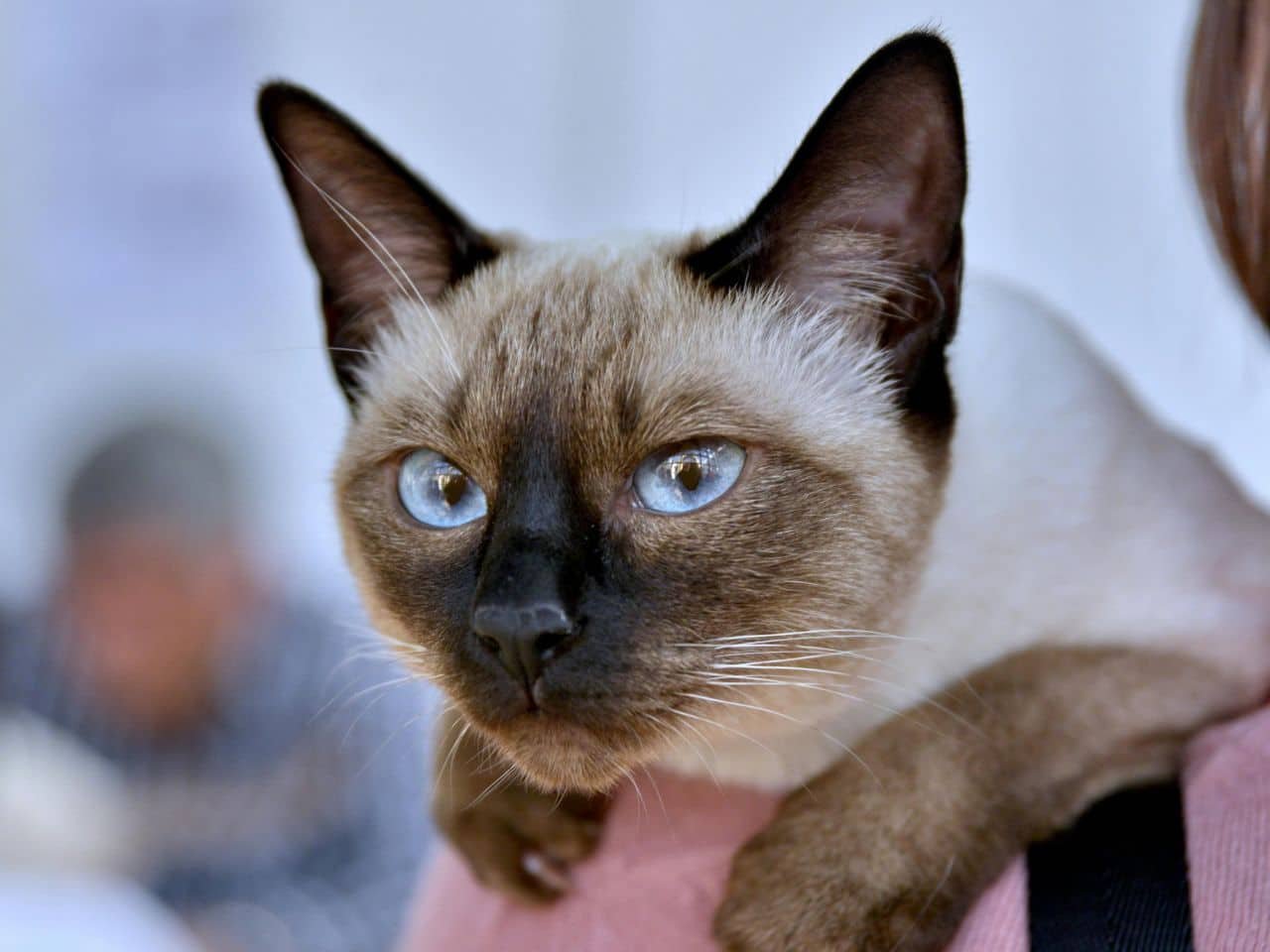Siamese cats bite frequently due to their high energy levels and strong hunting instincts. This behavior is a way for them to communicate and play with their owners.
Siamese cats are a fascinating breed known for their striking appearance and vibrant personalities. However, one common question among Siamese cat owners is: “Why do Siamese cats bite so much?” Understanding the reasons behind this behavior is essential for creating a harmonious relationship with your feline friend. Let’s dive into the various factors that contribute to this biting behavior and explore ways to manage it effectively.
Understanding Siamese Cats
Brief History of Siamese Cats
Originating from Thailand, formerly known as Siam, Siamese cats have a rich history dating back hundreds of years. They were revered by royalty and considered sacred, often found in temples. Their unique look and engaging personality have made them one of the most popular cat breeds worldwide. A common question among cat enthusiasts is, “Are male Siamese cats rare?” While male Siamese cats are not particularly rare, their striking appearance and charming demeanor continue to captivate cat lovers around the globe
Key Characteristics and Personality Traits
Siamese cats are known for their sleek bodies, blue almond-shaped eyes, and distinctive color points. But what truly sets them apart is their personality. These cats are highly social, intelligent, and vocal, often demanding a lot of interaction from their owners. Their high energy levels and curiosity can sometimes lead to behaviors like biting.
Common Reasons for Biting
Playful Behavior
One of the most common reasons Siamese cats bite is playful behavior. As natural hunters, they have a strong instinct to chase and pounce. This can sometimes translate into nipping or biting, especially if they get overstimulated during play.
Attention-Seeking
Siamese cats are known for their demanding nature. They crave attention and may resort to biting as a way to get it. If your Siamese feels ignored or bored, a gentle nip might be their way of saying, “Hey, pay attention to me!”
Stress and Anxiety
Environmental changes, the introduction of new pets or people, or even a lack of stimulation can cause stress and anxiety in Siamese cats. Biting can be a reaction to these stressors, a way for them to express their discomfort or frustration.
Medical Issues
Sometimes, biting can be a sign of an underlying medical issue. Dental problems, pain, or discomfort can cause a cat to bite. If your Siamese suddenly starts biting more frequently, it might be time for a vet visit.
Playful Behavior
Natural Hunting Instincts
Siamese cats have a strong prey drive, inherited from their wild ancestors. This drive can manifest in playful biting during activities that mimic hunting, such as chasing toys or pouncing on moving objects.
Overstimulation During Play
While play is essential for keeping your cat healthy and happy, too much excitement can lead to overstimulation. When a cat gets too wound up, it can result in biting. Recognizing the signs of overstimulation can help you manage playtime more effectively.
Attention-Seeking
Demanding Nature of Siamese Cats
Siamese cats are notorious for their vocal and attention-seeking behavior. If they feel neglected, they might bite to get your attention. Ensuring they have plenty of interaction and mental stimulation can reduce this behavior.
Signs Your Cat is Seeking Attention
If your cat bites and then looks at you expectantly or follows up with meowing, they’re likely seeking attention. Providing regular play sessions and cuddle time can help meet their social needs.
Stress and Anxiety
Environmental Changes
Moving to a new home, rearranging furniture, or even changing daily routines can stress out your Siamese cat. This stress can lead to biting as a coping mechanism.
Introduction of New Pets or People
New additions to the household, whether pets or humans, can make your cat feel threatened or insecure. Gradual introductions and providing a safe space can help ease their anxiety.
Lack of Stimulation
Siamese cats need a lot of mental and physical stimulation. A bored cat is more likely to develop negative behaviors, including biting. Ensuring they have plenty of toys and activities can help keep them occupied.
Medical Issues
Dental Problems
Dental issues are a common cause of biting in cats. If your Siamese has sore gums or tooth pain, they might bite to relieve discomfort or as a reaction to being touched in a sensitive area.
Pain or Discomfort
Any underlying health problem causing pain can result in biting. If your cat bites when touched in a specific area, it could be a sign of pain or discomfort that needs veterinary attention.
When to See a Vet
If biting behavior is sudden or accompanied by other signs of distress, it’s essential to consult a veterinarian. They can rule out medical issues and guide managing the behavior.
How to Manage Biting
Providing Appropriate Toys
Offering a variety of toys that cater to your cat’s hunting instincts can redirect their biting behavior to more appropriate outlets. Interactive toys, feather wands, and puzzle feeders are excellent choices.
Setting Boundaries
Training your cat to understand that biting is unacceptable involves setting clear boundaries. Using a firm “no” and withdrawing attention immediately after a bite can help them learn that biting is not tolerated.
Positive Reinforcement
Rewarding good behavior with treats, praise, or extra playtime reinforces positive actions. Over time, your cat will associate good behavior with rewards and be less likely to bite.
Providing Appropriate Toys
Types of Toys That Satisfy Hunting Instincts
Feather wands, laser pointers, and toy mice are great for stimulating your cat’s hunting instincts. Rotating toys regularly can keep them interested and engaged.
DIY Toy Ideas
Creating DIY toys from household items can be fun and cost-effective. Simple toys like crumpled paper balls, cardboard boxes, or homemade feather wands can provide hours of entertainment.
Setting Boundaries
Training Tips for Reducing Biting
Consistency is crucial when training your cat. Always respond to bites the same way, using a firm voice and redirecting their attention to toys.
Consistency is Key
Regular training sessions and consistent reactions to biting will help your cat understand what is acceptable behavior. Patience and persistence are essential in this process.
Positive Reinforcement
Rewarding Good Behavior
Whenever your cat behaves well, especially during play, reward them with treats or affection. Positive reinforcement encourages them to repeat these behaviors.
Using Treats and Praise
Combining treats with verbal praise creates a strong positive association. Over time, your cat will seek to earn these rewards through good behavior.
Reducing Stress and Anxiety
Creating a Safe Environment
Ensure your cat has a safe, quiet space to retreat to when feeling stressed. This can be a separate room, a cozy bed, or a high perch away from household commotion.
Interactive Playtime
Regular interactive play sessions help reduce stress and provide necessary mental and physical stimulation. Use a variety of toys to keep playtime exciting and engaging.
Calming Products
Calming products like pheromone diffusers, calming collars, or natural supplements can help reduce anxiety in cats. Consult your vet for recommendations suitable for your cat.
Regular Veterinary Check-ups
Importance of Health Check-ups
Regular vet visits ensure your cat’s health is monitored and any issues are addressed promptly. This can prevent health problems from leading to behavioral issues like biting.
Health And Well-being Considerations
Pain Or Discomfort
Siamese cats may exhibit biting behavior as a result of pain or discomfort. Dental issues, such as gum disease or tooth decay, can lead to irritation and pain, causing the cat to bite as a way of relieving the discomfort. Additionally, arthritis or joint pain can also prompt biting as the cat tries to communicate its discomfort. It’s important to monitor for any signs of pain or discomfort and seek veterinary care if necessary. For parasite control, products like Capstar for Cats can help improve overall health and reduce biting caused by irritation from fleas.
Seeking Professional Assistance
Seeking professional assistance for your Siamese cat’s biting behavior is crucial in finding effective solutions to address this issue. Consulting a veterinarian and engaging a certified animal behaviorist are valuable steps in understanding and managing your cat’s behavior.
Consulting A Veterinarian
A veterinarian can provide insights into the potential medical reasons behind your Siamese cat’s biting behavior. They can conduct thorough examinations to rule out any underlying health issues that could be contributing to the biting behavior. The veterinarian can also offer guidance on appropriate nutrition and overall wellness to ensure your cat’s physical well-being.
Engaging A Certified Animal Behaviorist
A certified animal behaviorist specializes in understanding the behavioral patterns of animals, including cats. They can assess your Siamese cat’s environment, interactions, and triggers that may lead to aggressive behavior. By creating a customized behavior modification plan, the behaviorist can help you address the root cause of your cat’s biting tendencies and provide effective training techniques.
Understanding Siamese Cats’ Communication
Siamese cats frequently exhibit biting behavior as a form of communication. This breed uses bites to convey emotions and needs effectively. Understanding their unique communication style is key to fostering a strong bond with your Siamese companion.
Body Language
Siamese cats are highly communicative and expressive. They are active, playful, and territorial. Biting often occurs when they feel threatened or cornered, accompanied by arched backs, puffed tails, hissing, or growling. Additionally, behaviors like cat gulping can indicate stress or discomfort, contributing to their biting tendencies.
Vocalizations
Siamese cats are also known for their vocalizations, which can range from soft mewing to loud, persistent yowling. Some cats may even chirp or trill when they’re happy or excited. Understanding your Siamese cat’s vocalizations can help you interpret their mood and determine what they want or need. For instance, if your cat is meowing loudly and persistently, they may be hungry, thirsty, or in need of attention. Alternatively, if they’re growling or hissing, they may be feeling threatened or agitated.
Interpreting Siamese Cats’ Signals
Siamese cats are highly expressive creatures, and their body language and vocalizations offer plenty of clues about their mood and intentions. Some common signals to look out for include:
- Arched back: a sign of aggression or fear
- Puffed up tail: indicates agitation or hostility
- Hissing or growling: a warning sign to back off
- Mewing or chirping: a sign of contentment or excitement
- Loud, persistent meowing: a signal that your cat needs attention or food
By paying attention to your Siamese cat’s signals, you can better understand their needs and avoid situations that may lead to biting or scratching. Remember, these cats are highly intelligent and sensitive, and they crave attention and affection from their owners. With patience and understanding, you can build a strong, loving bond with your Siamese cat that will last a lifetime.
Building A Strong Bond
Building a strong bond with your Siamese cat is crucial for understanding their behavior, including their propensity to bite. By establishing trust and routine, as well as promoting positive interactions, you can foster a harmonious relationship with your feline companion.
Establishing Trust And Routine
Creating a predictable and secure environment for your Siamese cat is essential to build trust. Consistent feeding and playtime will help them feel secure and establish a routine. Designate a safe space in your home where your cat can retreat when feeling overwhelmed.
Promoting Positive Interactions
Encourage positive interactions with your Siamese cat through gentle petting and play. Offering rewards for good behavior can reinforce positive interactions. Avoid rough play that may trigger biting behavior.
Conclusion
Understanding why Siamese cats bite frequently is crucial for their owners. By recognizing their behavior patterns and needs, you can create a harmonious relationship. Remember, patience and proper training are key in managing their biting tendencies. With patience and love, you can enjoy a fulfilling companionship with your Siamese cat.
FAQ About To Why Do Siamese Cats Bite So Much?
Why Are Siamese Cats More Aggressive?
Siamese cats are more aggressive due to their territorial nature and high intelligence, leading to assertive behavior.
Do Siamese Cats Have Behavior Problems?
Siamese cats may exhibit behavior problems due to their strong personalities and need for attention. Common issues include separation anxiety and excessive vocalization. Proper training and mental stimulation can help manage these behaviors.
Do Siamese Cats Have A Favorite Person?
Yes, Siamese cats often form strong bonds with one person due to their social nature.
Why Is My Siamese Cat Obsessed With Me?
Siamese cats are known for being affectionate and forming strong bonds with their owners. They may seem obsessed because they crave attention and enjoy being close to their humans. Their behavior is a sign of their love and loyalty towards you.











